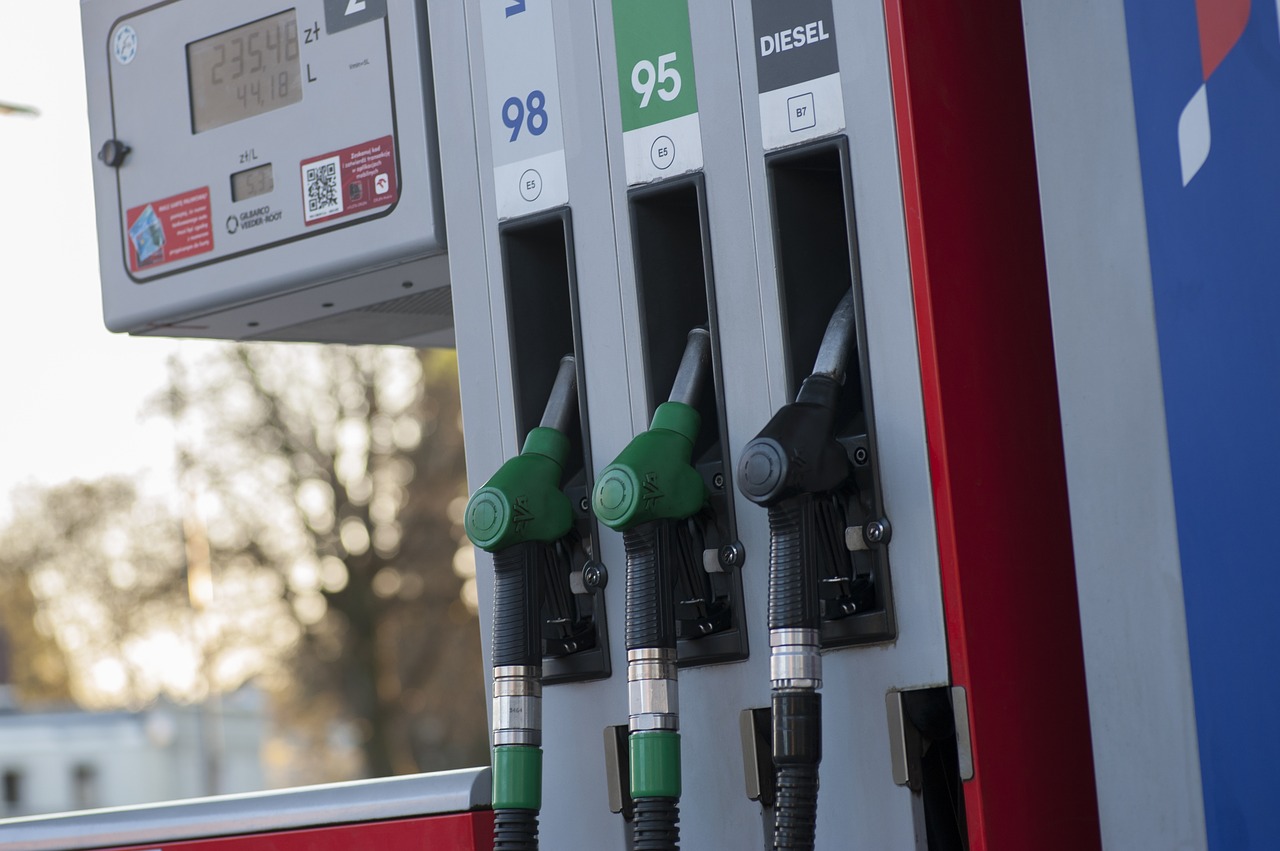Millions of diesel vehicles are currently on the road in the United States. While most people associate diesel engines with semi-trucks and heavy equipment, several manufacturers make diesel cars and passenger trucks. The diesel engine is a viable alternative to traditional gasoline-powered engines, yet not many people understand the advantages it offers.
In Europe, diesel engines have historically accounted for nearly half of all vehicles sold, with countries like France and Portugal recording even higher percentages. However, in the United States, diesel vehicles account for only about 3 percent of passenger auto sales. This low figure may be due to the fact that diesel fuel is often more expensive than gasoline.
How do diesel engines work?
Diesel engines operate in much the same way as gas-powered options. Both engines use internal combustion, which involves several small explosions that propel the vehicle. This combustion process happens differently in a diesel engine. In diesel vehicles, air is compressed as fuel is injected into the cylinder of the engine. Because this air is so hot, it is able to ignite without spark plugs. (In contrast, gasoline engines require spark plugs.)
The traditional diesel engine operates in four strokes. First, the inlet valve opens and the piston is pulled down to bring in air. Next, the inlet valve closes as the piston moves back up to compress the air and heat it. On the third stroke, fuel is injected when the piston is at the top, which results in combustion that pushes the piston back down. Finally, an exhaust value opens to let gas escape as new air enters the chamber.
Why choose a diesel-powered car or truck?
Diesel engines are popular in Europe because they offer several advantages. One of the most significant is fuel mileage. In general, diesel engines are about 25 to 30 percent more fuel-efficient than gasoline versions. This advantage derives from the fact that the diesel engine’s direct fuel injection during combustion wastes less fuel than the mechanism employed by gasoline engines. While diesel may be more expensive, drivers get more mileage from the fuel they purchase.
Another significant benefit is that modern diesel engines are designed to emit relatively low levels of carbon monoxide and carbon dioxide. In fact, diesel engines now produce less of these emissions than traditional gas-based engines. Diesel engines also have more power, which is why they are often used for heavy equipment. These engines produce more torque and have a better power-to-weight ratio, which makes them ideal for towing heavy loads.
People are also often persuaded to purchase a diesel vehicle because of the lower maintenance requirements. Because these engines do not have spark plugs and operate under a lower amount of stress than gasoline systems, they require less frequent maintenance. Less maintenance, of course, means lower overall cost of ownership.
In addition, lower levels of wear and tear on the engine ultimately allow it to last significantly longer. Diesel engines can make it to the 500,000-mile mark, which is virtually unheard of with gasoline-powered vehicles. Another factor that drivers may want to consider is safety. Diesel fuel is less volatile than gasoline and its vapor is not nearly as explosive, which reduces the risk of the fuel igniting and catching the car on fire.
What are the drawbacks of diesel vehicles?
While the benefits of purchasing a diesel engine are significant, drivers should also be aware of the drawbacks of this type of vehicle before making a purchase. As already stated, the main disadvantage is the cost of fuel. Diesel is frequently about 50 cents per gallon more expensive than regular, unleaded fuel, if not more.
Furthermore, diesel vehicles tend to cost more than gasoline-driven options. This extra cost typically stems from the fact that diesel engines last longer and are made from heavy-duty parts that will last. The vehicle itself may have equipment designed to last longer than in gasoline-powered vehicles, and these upgrades add to the sticker price. The higher cost can put some people off when considering a diesel vehicle. However, it is important to consider the entire cost-benefit analysis—don’t forget that diesel vehicles save money on maintenance.
Some of the other complaints about diesel engines are more about comfort. For example, diesel engines tend to be much noisier than gasoline ones. To be fair, modern diesels are much less noisy than models produced only a few decades ago. However, the extra noise can be off-putting to some people.
Additionally, diesel engines sometimes have a hard time starting in cold temperatures because they do not have spark plugs. When the air outside is cold, it can be hard to get the engine hot enough to ignite the fuel. Heating elements and block heaters are used to prevent serious problems, but the delayed starts can make some people anxious.
Any discussion of drawbacks also needs to include pollution. Recent advances have improved emissions, but diesel engines do still release soot and nitrous oxide. Low-sulfur diesel has improved this output, but people who are environmentally minded should recognize this fact.
